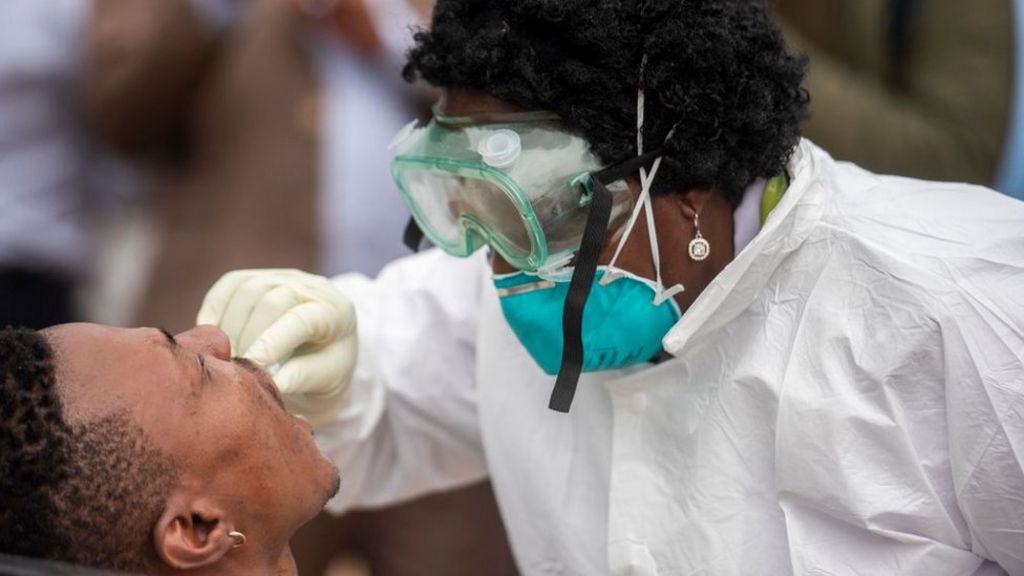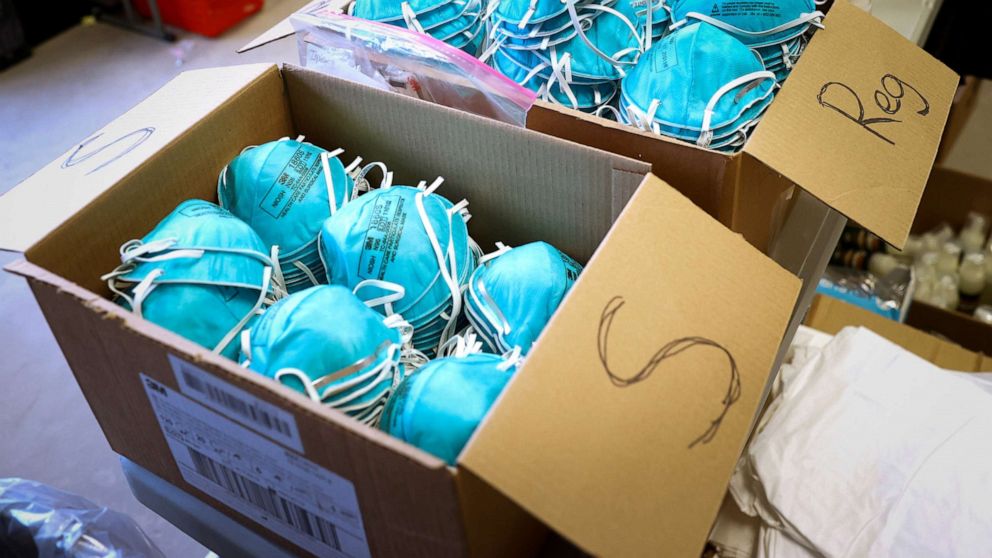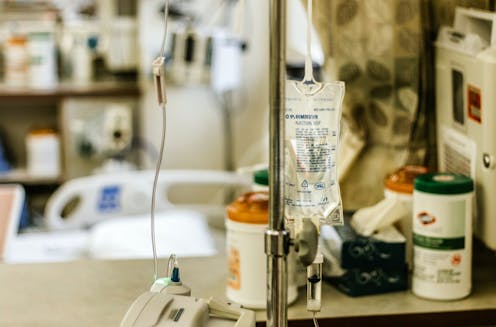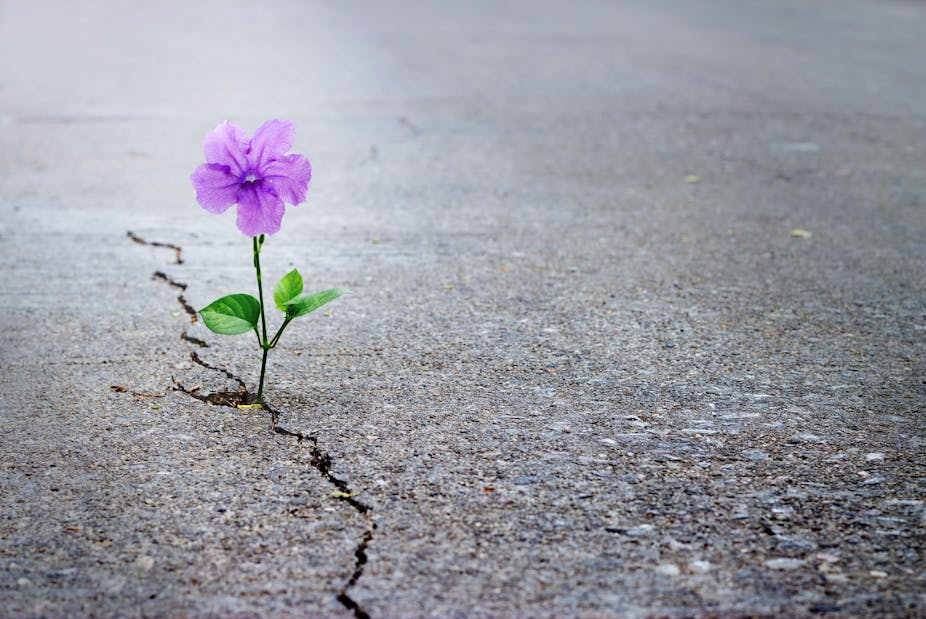COVID-19 here, COVID-19 there, COVID-19 everywhere …

Until a few months ago, not a single person appeared to be infected with COVID-19 in sub-Saharan Africa. For a brief moment there was hope that maybe the continent would be spared the worst in the global pandemic. That hope was short-lived with Africa now seeing rapidly growing numbers of cases and deaths from COVID-19. There are currently about 382,000 confirmed cases and 7000 deaths in Africa from COVID-19. These numbers significantly underestimate the spread of SARSCoV2 on the continent due to severe limitations in testing capacity faced my many African countries. As an example, by the end of April 2020, Nigeria the most populous country in Africa with 200 million inhabitants, had only tested about 12000 people, 0.006% of its population for COVID-19.

Testing and Pandemic Preparedness – An Uphill Battle for Poor Countries
Poor countries faced incredibly unfair market forces in their efforts to ramp up preparedness and testing .With the chaos of the pandemic even the world’s wealthiest countries initially struggled to expand testing and secure medical supplies for their own health systems. This led to widespread panic and protectionism with countries hoarding supplies for their own.

At least 60 countries so far have imposed bans and restrictions on the export of medical equipment and testing supplies. Even in situations where there aren’t restrictions in place, African countries are easily outbid by their wealthier counterparts. This has resulted in ongoing shortages in personal protective equipment, testing and medical supplies.

Good Old Public Health – Doing much with very little
Despite the many challenges to an effective response, many countries in sub-Saharan Africa are showing exemplary leadership in containing spread of COVID-19. The continent is no stranger to infectious disease outbreaks and has seen improvements in its response capacity following recent outbreaks of Ebola in West Africa and the DRC.

In the Democratic Republic of Congo which was in the middle of an Ebola outbreak at the beginning of the pandemic, existing protocols were quickly adapted for COVID-19 containment. Rwanda, Ethiopia and Uganda instituted and enforced early lockdowns, contact tracing and quarantines which helped to slow the spread of the virus within their borders. Kenya boosted local production of masks and other protective equipment by transforming a textile factory into a mask assembly line literally overnight. South Africa is drawing on its robust HIV-research network and leading as a site for therapeutic and vaccine trials. These good responses have defied predictions of doom for the continent which were widespread at the beginning of the pandemic.
Pandemics are Marathons not Sprints

These positives are encouraging and should be celebrated but history also teaches us that pandemics are marathons and not sprints. The bubonic plague one of the deadliest pandemics in history lasted over five-years and killed 75-200 million people worldwide. In the modern era the HIV pandemic is closing in on its 40th anniversary in 2021 and caused 690,000 deaths in 2019. For Africa to continue to defy the odds of deaths and new infections from COVID-19, the ongoing efforts will need to be sustained for many months to come. This is a where the real challenge lies and fragile economies and health systems with limited resources may not last the long haul.
The Long Reach of the Enemy

COVID-19 is affecting every aspect of healthcare for many countries in sub-Saharan Africa. Significant resources have been diverted from important surveillance and treatment programs for other diseases to respond to the crisis. Screening, treatment and infection control programs for Tuberculosis, Malaria and HIV now face major disruptions. This is likely to result in excess deaths and modeling from the WHO projects half-a-million more deaths from HIV compared to last year and a doubling of deaths from malaria this year. These ripple effects disproportionately affect children and women, compounded by expanding food insecurity , outbreaks of childhood infections and the progressive collapse of vaccination programs.
Avoiding the Worst

It is hard to feel optimistic about the pandemic summer for Africa when the full spectrum of challenges is put in perspective. Averting these bad outcomes will need concerted international collaboration and less individualism, areas in which countries have struggled during this pandemic.
LeVELING the TREATMENT AND VACCINE TRIALS LANDSCAPE
Only 4% (103) of the ongoing 2478 registered clinical trials for COVID-19 are currently recruiting participants in Africa. Of this number 39 are trials COVID-19 treatments and one is a phase I vaccine trial. The current distribution of COVID-19 clinical trials in Africa is concentrated in countries which had existing robust clinical trial networks prior to the pandemic. An approach that relies solely on individual countries to lead their own initiatives may be too slow to bridge the clinical trial gap in the short-term.

A better strategy to broadly benefit countries with weaker research infrastructure, should involve building collaborative networks between countries to design clinical trials, harmonizing management guidelines and coordinating sample collection, tracking and contemporaneous sharing of results. The recently established COVID-19 clinical research coalition is an important step in the right direction but has not yet translated to improved access to clinical trials in Africa.

Delivering the level of sophisticated care needed to those who get severe COVID-19, is challenging in resource-limited settings. Important consideration must be given to how scalable and deliverable the treatment options under study will be for African countries. For example, Remdesivir, the first antiviral drug with moderate efficacy in patients with severe COVID-19, requires 10-days of intravenous administration which is challenging to deliver in any rural setting in Africa.

Evidence that Dexamethasone, a cheap and widely available drug, reduces mortality in patients with severe COVID-19, is welcome tool for clinicians in Africa. Its use will have to be balanced with the high prevalence of infectious diseases which can be made worse by steroids (TB, Hepatitis B, parasitic infection) and the potential for inappropriate use and harm given easy access as a street drug.
COMBATTING FEAR AND MISINFORMATION

The surge of misinformation on social media platforms and conspiracy theories has eroded the trust of the population and poses a real threat to vaccine and treatment trials on the continent. African led research efforts will more readily bridge these trust and confidence gaps. Most importantly this will prime the population to be more receptive to vaccines and therapeutic strategies supported by local evidence. Assertions of traditional medicine remedies emerging locally, also need to be validated in well-structured clinical trials before they are widely distributed.
FINDING THE RIGHT BALANCE – FIGHTING OLD FOES and COVID-19

A huge dilemma is how to protect the population from COVID-19 while fighting existing older threats. To avoid catastrophic outcomes from Malaria, HIV, TB etc., countries in Africa will need to engage with their populations and adapt the existing models of care to the current challenges. An important step is increasing sensitization and education on the real risks of death from other causes which may surpass the risk from COVID-19 for the continent’s youthful population.
THERE IS ALWAYS HOPE

The WHO recently declared the end of the 10th Ebola outbreak in DRC, and almost simultaneously South Sudan, Africa’s youngest country, was declared free of wild polio . These are veritable feats of public health and give me hope that the Africa will also survive the pandemic summer. To ensure another success story, the efforts in fighting COVID-19 need to be unified and global in a true sense. In a pandemic no one wins if the most vulnerable are not given a fair chance in the fight. History teaches us as much, maybe it is time we finally learn from past mistakes and avoid repeating them.
Written by : Boghuma K. Titanji






